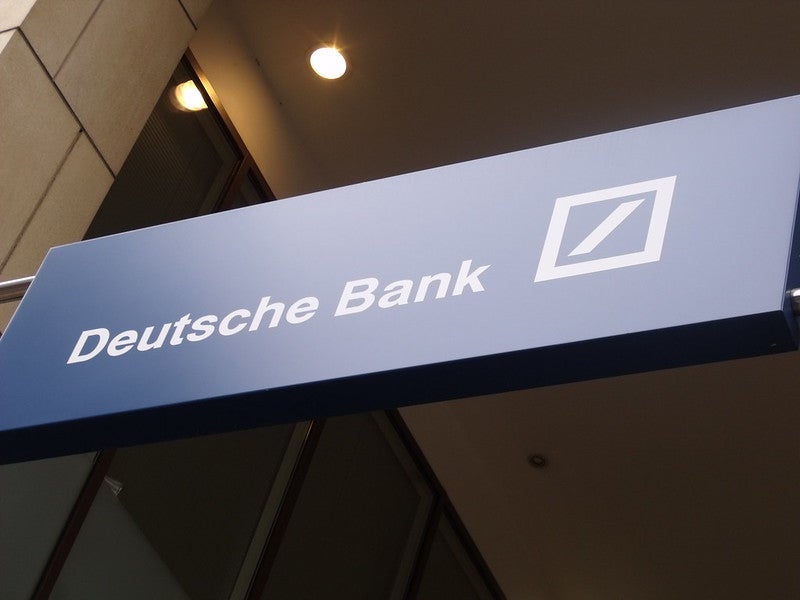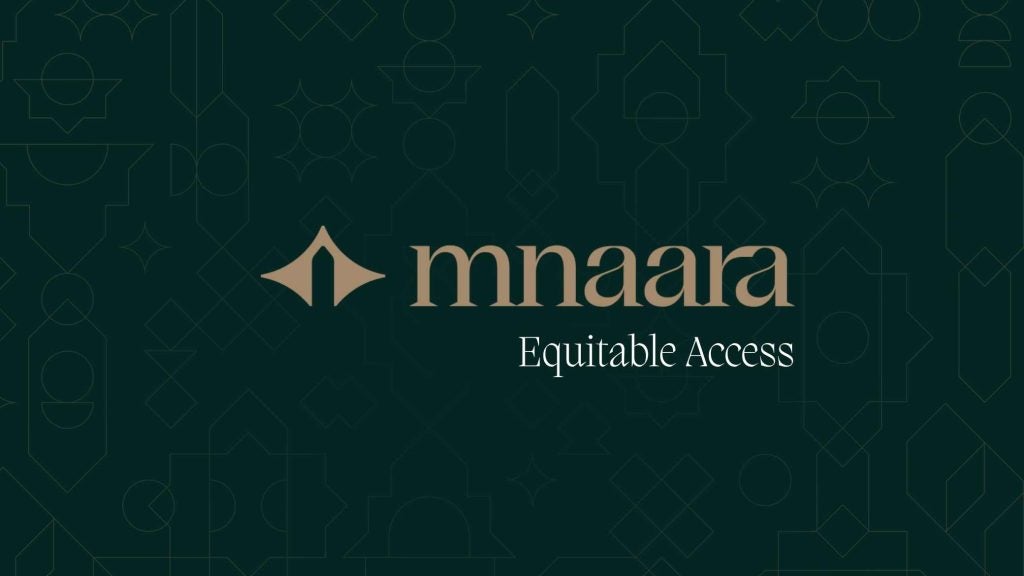Morningstar, a leading provider of independent investment research, reported preliminary hedge fund performance for September 2013 as well as estimated asset flows through August.
The Morningstar MSCI Composite AW Hedge Fund Index, an asset-weighted composite of nearly 1,000 hedge funds in the Morningstar Hedge Fund database, rose 1.6% in September, along with global stock and bond markets.
The MSCI World NR global stock index climbed 5.0%, and the Barclays Global Aggregate TR bond index rose 2.1% in September. The Morningstar MSCI Composite AW Hedge Fund Index has increased 5.0% for the year through September.
AJ D’Asaro, fund analyst at Morningstar, said: "Hedge funds benefited from September’s stock and bond market rally. Favorable macroeconomic data, a tentative compromise with Syria, and the postponement of tapering by the U.S. Federal Reserve allowed hedge funds to advance above and beyond last month’s declines."
Long-biased equity strategies profited the most from the Federal Reserve’s decision. The Morningstar MSCI North America Hedge Fund Index increased 2.0% for the month, and 4.1% for the third quarter of 2013, as the SandP 500 reached all-time highs.
Similarly, the Morningstar MSCI Small Cap Hedge Fund Index, which represents small-cap long-short equity strategies, rose 3.5% in September, while the Russell 2000 Index spiked 6.4%. The Morningstar MSCI North America Hedge Fund Index and the Morningstar MSCI Small Cap Hedge Fund Index have risen 8.9% and 15.0%, respectively, year-to-date through September while the SandP 500 and Russell 2000 Indexes increased 19.8% and 27.7%, respectively.
How well do you really know your competitors?
Access the most comprehensive Company Profiles on the market, powered by GlobalData. Save hours of research. Gain competitive edge.

Thank you!
Your download email will arrive shortly
Not ready to buy yet? Download a free sample
We are confident about the unique quality of our Company Profiles. However, we want you to make the most beneficial decision for your business, so we offer a free sample that you can download by submitting the below form
By GlobalDataBonds also rallied following the mid-month Federal Open Market Committee meeting. The Barclays Global Aggregate Bond Index increased 2.1% in September, and the Morningstar MSCI Fixed Income Hedge Fund Index rose 0.8%.
The Morningstar MSCI Fixed Income Hedge Fund Index advanced 2.9% for the year through September, while the unhedged Barclays Global Aggregate Bond Index declined by 2.2% because hedge funds were less exposed to declining interest rates in May and June.
Emerging markets hedge fund strategies rose sharply on surprise GDP growth in countries such as China and Brazil and a globally endorsed Russian plan to remove chemical weapons from Syria.
The Morningstar MSCI Emerging Markets Hedge Fund Index advanced 3.2% in September and 1.5% in the third quarter, compared with 6.5% and 5.8%, respectively, for the unhedged MSCI Emerging Markets Index.
Unrelated to the broad markets, arbitrage strategies did modestly in September. The Morningstar MSCI Arbitrage Hedge Fund Index rose 0.8% during the month and 1.6% in the third quarter.
Merger arbitrage strategies took profits as several large deals closed at the end of the quarter. Convertible arbitrage strategies benefited from increased issuance across the globe.
The Morningstar MSCI Discretionary Trading Hedge Fund Index, made up of hedge funds that trade macro-economic trends, rose a modest 1.2% in September. The index increased 5.5% for the year through September.
On the other hand, systematic futures traders, which typically trade on price momentum, struggled as stocks and bonds reversed course during the month. The Morningstar MSCI Systematic Trading Hedge Fund Index sank 0.8% in September, dragging down its year-to-date decline to 3.9% and extending its two-year record of annualized losses.
The systematic futures and long-only equity categories saw outflows of US$424 million and US$345 million, respectively, in August. For the year through August, both categories bled assets.
Multistrategy and long/short debt hedge funds experienced significant inflows of US$178 million and US$273 million, respectively. In aggregate, single-manager hedge funds in Morningstar’s database saw minor net outflows of US$26 million in August.
Top-performing, 5-star hedge funds with at least a three-year track record raised an additional US$386 million in August. US$85 million also flowed into funds with no Morningstar rating in August. These newer funds have collected US$7.3 billion for the year through August.
September returns for the Morningstar MSCI Hedge Fund Indexes are based on funds that reported as of Oct. 23, 2013. August asset flows are based on funds that reported as of Oct. 14, 2013. Hedge fund investors, managers, consultants, and advisors can access additional information through Morningstar DirectSM, the company’s global research platform for institutions.
Morningstar has approximately 11,000 hedge funds and funds of hedge funds in its database. Morningstar calculates hedge fund indexes by applying the MSCI Hedge Fund Index Methodology and Hedge Fund Classification Standard to Morningstar’s hedge fund database.
These indexes demonstrate the performance of hedge funds to investors who have hedged their currency exposure back into US dollars. The MSCI Hedge Fund Index Methodology classifies hedge funds by investment process, geography, and asset class. These indexes are not investible.







